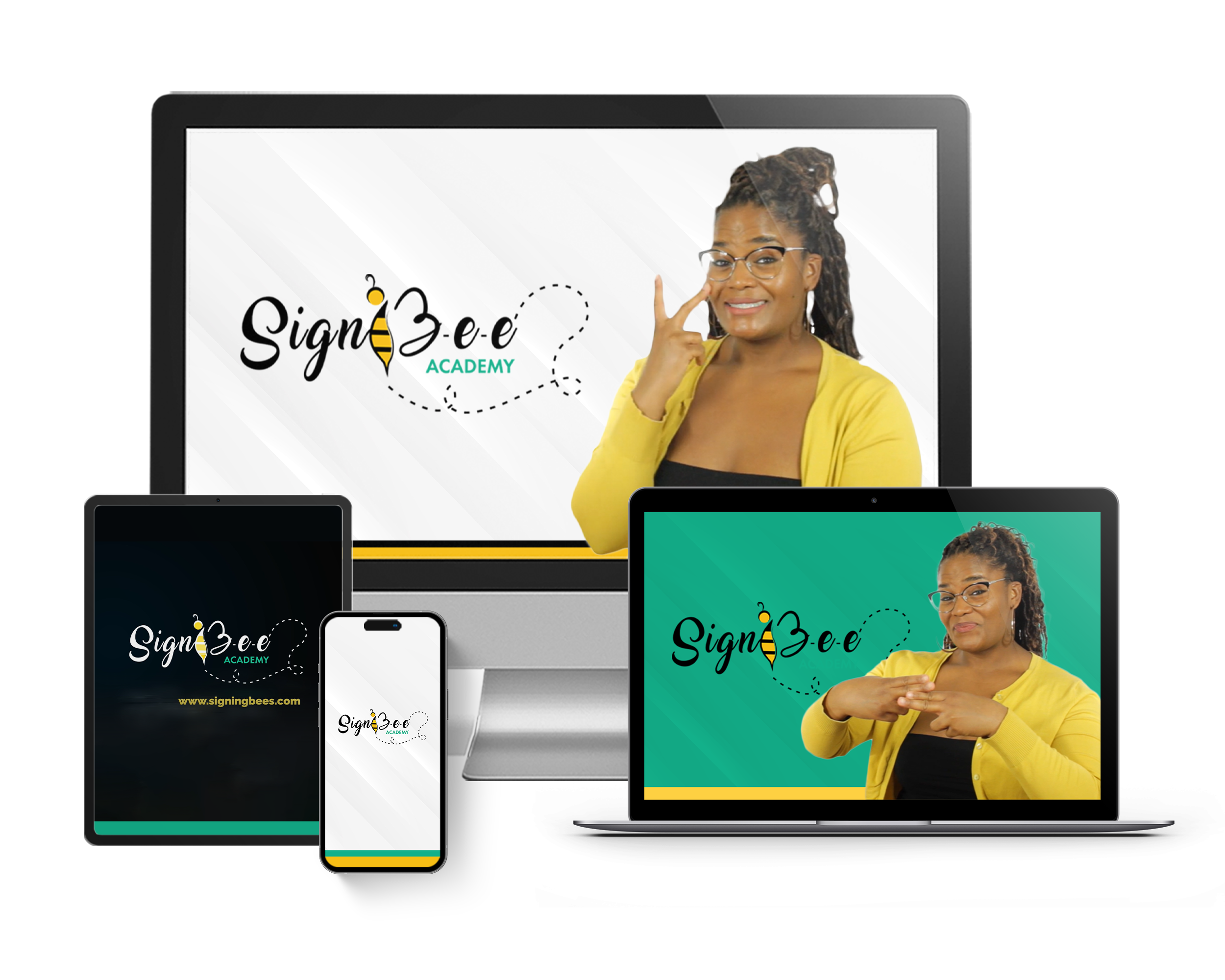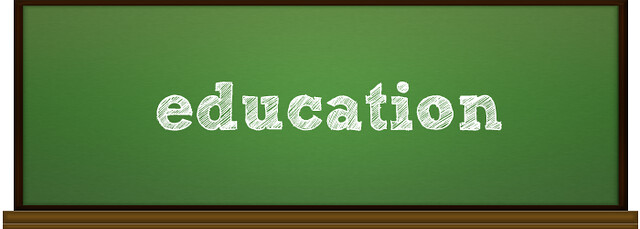Proper legal representation can be all that stands between you and a fine, or worse, jail time. It can be the difference between getting fired without any severance pay and getting adequate compensation with a recommendation letter.
Many people need legal services at one point in their lives and it isn’t because they have done anything wrong. There are many non-criminal reasons to seek legal services like when going into a contract, purchasing a house, or applying for a loan.
Deaf people also need legal representation as they navigate the world. Whether they find it easy to get said representation is another matter and one of the things that will be discussed today. What happens when a deaf person needs legal help? Where can they turn to?
These questions and many more will be addressed in this article.
The Challenges with Getting Legal Services
There are a couple of reasons why people struggle with getting legal services and representation. The following challenges affect both the hearing and deaf communities.
Legal Fees
One major reason people don’t seek legal help is the fees. Depending on the sort of assistance you need, and the firm you contact, you might pay a lot. Legal fees can be so high that they are considered not worth the trouble you are trying to avoid.
Here is a saddening fact; over 60% of people who appear in civil courts in the United States do so without a lawyer. Many of them don’t come with a lawyer because they can’t afford one. Do they win their cases? In most cases, they do not.
Both deaf and hearing people struggle with paying legal fees even though the stakes are high.
Lack of Understanding
Many people don’t know that many of the problems they face in their lives have legal solutions. For instance, a spouse in an abusive relationship might not know that a court order can bring an end to the horror.
In other cases, people flat-out don’t know their rights and believe that the hardship, unfairness, or discrimination they face isn’t acceptable by law. So, they don’t seek legal advice because they feel the problem is theirs to solve.
For instance, a deaf person being discriminated against at work might not know that there are legal actions they can take to have a better experience at work.
Retribution
The fear that you will become a target by the opposing party in a legal battle is one reason why many people don’t seek legal services. For instance, in a case of spousal abuse, the victim might be reluctant to get legal help because they financially rely on the other spouse.
It is also seen in the deaf community where parents who should protect and nurture their kids abuse them emotionally and neglect them. The deaf child might not want to report the parents to child services because they don’t have anywhere else to go.
Corruption
One barrier to getting and benefiting from seeking legal counsel is corruption. It might sound strange in certain Western countries but corruption of the judiciary system is a common occurrence worldwide.
A deaf individual who wants to take a discriminating organization to court might be advised not to because the organization is a major contributor to the city’s development. A corrupt judge might be biased if they benefit directly from the defendant.
In many third-world countries, this is a major issue and one that affects the deaf community.
How Deaf People Access Legal Services and Representation
Image by smip.co.uk on Openverse
What sort of hope for legal help is there for deaf people when everyone else also struggles with getting said help? Well deaf people, not to be beaten down by the barriers they encounter, have come up with certain steps that help them get legal representation. Let’s give these steps a look.
Sign Language Interpreters
Imagine speaking English and trying to hire a lawyer who only speaks and understands French. Communication will guarantee that you won’t work with them. If you end up hiring them, you might not get the legal aid you need.
This is a theoretical scenario that explains what deaf people feel when they seek legal help from people whom they can’t communicate with. For this reason, interpreters are needed as they bridge the gap between both parties.
Deaf people can get interpreters who will assist them in communication with the hearing for a fee. In some cases, they don’t even have to pay the interpreters as many organizations help with such services.
Some countries mandate legal organizations to assist deaf individuals. So, a deaf person can walk into those firms without an interpreter and one will be provided for them.
Non-Governmental Organizations and Charities
Many deaf people can not afford legal counsel, or when they can, aren’t able to communicate with their council. Some organizations help people understand their legal situation and might even present you in court if need be.
For instance, you will find a suitable lawyer through the National Association of the Deaf. Here you will be linked with a lawyer with all the tools to communicate easily and freely. Knowing the difficulty in getting counsel, many deaf people take the route of contacting organizations with legal help targeted at deaf people.
Technology
With technology, deaf people can get legal counsel. They can communicate freely and have their problems understood.
For instance, there are legal organizations that have apps and websites where people can chat with lawyers. Such situations are beneficial to the deaf community since communication via text can be understood by both parties.
There is also the use of video relay services and that has made communication easier in legal situations.
Hopefully, as technology becomes more widespread, more deaf people will have better access to legal services.
Conclusion
Getting legal help and representation can be expensive, difficult, or discouraging for anyone. For deaf people, it can even be impossible because of the communication barriers between them and the hearing community.
However, that has not stopped deaf people from seeking methods by which they can get legal aid. They contact organizations that provide services that help deaf people, hire interpreters, and use speech-to-text technology.
While these are solutions to a serious problem, they aren’t perfect and widespread enough. More needs to be done from top to bottom in bringing legal rights, and opportunities to the deaf community, and also more people need to learn ASL, the language that a lot of deaf individuals are comfortable with.
SignBee Academy offers several ASL learning resources to guide you in learning ASL
Thumbnail Photo Credit to Image by umjanedoan on Openverse






